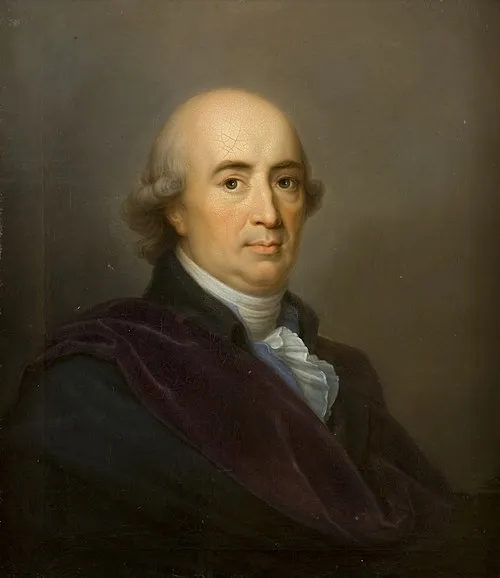
Birth Year: 1744
Death Year: 1803
Nationality: German
Professions: Philosopher, theologian, poet
Notable Contributions: Influenced ideas on cultural identity and nationalism
Remembering Johann Gottfried Herder: A Legacy of Thought and Culture
In the dimly lit corners of a small German town in the year 1744, a child was born who would grow to challenge the very fabric of European thought. Johann Gottfried Herder, a name that resonates through the corridors of philosophy, theology, and poetry, emerged from humble beginnings. His early years were steeped in the rich traditions of language and folklore elements that would later shape his philosophical ideas.
However, it wasn’t merely his upbringing that forged him into a thinker; it was also the tapestry of Enlightenment ideas swirling around him. During his formative years in Mohrungen , he absorbed influences from thinkers like Kant and Rousseau. These intellectual giants ignited within him a fire a desire to explore the nuances of human culture and individuality.
Herder’s journey took an interesting turn when he entered university at Königsberg in 1762. Ironically, this institution was not just renowned for its academic rigor but also served as a crucible for revolutionary ideas. As he delved deeper into philosophy, he found himself at odds with prevailing rationalism; instead of mere abstractions and universal laws, he championed an appreciation for particularities the unique qualities that define different peoples and cultures.
This perspective blossomed into what we now recognize as cultural nationalism a concept suggesting that each nation possesses its own distinct identity shaped by language, history, and tradition. Arguably one could say this idea resonated through Europe like ripples on water; it inspired countless movements advocating for cultural pride across various nations.
The Poet-Philosopher
Yet Herder wasn’t only about lofty philosophical ideals; his heart beat fervently for poetry too! In fact, his literary contributions are often overshadowed by his philosophical prowess. One might recall how he boldly declared that "language is the organ of thought," illuminating just how intertwined these concepts truly are language doesn’t merely convey thought but also shapes it!
As if anticipating future discussions on globalization versus localization issues still relevant today Herder spoke passionately about Volksgeist or 'the spirit of the people.' This notion encapsulated not only national identity but embodied emotions tied to culture: music, folklore tales... even collective memories! Through these lenses shaped by experience rather than detached analysis alone... one can see why many considered him ahead of his time.
The Theologian’s Crossroads
However, amidst all this creative outpouring lay an equally significant facet: theology! He studied sacred texts extensively yet approached them with fresh eyes informed by critical thinking not mere dogma but rather understanding faith through human experience intertwined with culture itself!
This perspective brought about friction within religious circles who often resisted change or questioned traditional interpretations rooted deeply in authority alone rather than lived realities surrounding believers' lives during their era...
A Turning Point
Soon enough though came another turning point a crossroads indeed as Herder took up positions at various schools across Germany where he'd share these transformative thoughts with eager minds awaiting enlightenment! As each student listened attentively while grappling with their own doubts…it’s hard not to imagine sparks igniting passions amongst them too.
The Circle Around Him
This intellectual camaraderie led to interactions with contemporaries such as Goethe the literary titan whose poetic prowess echoed Herder's sentiments about capturing humanity's essence through art…and thus solidifying friendships bridging gaps between fields never before traversed so effortlessly!
The Dusk Sets In...
Your heart might ache contemplating how fleeting moments can weave lasting legacies… Yet here lies another irony: despite facing criticism throughout much of life due perhaps partially due public skepticism toward romanticism emerging around him…his influence quietly blossomed unnoticed until after passing away on December eighteenth eighteen-oh-three when many began reassessing contributions left behind it wasn't just philosophers reflecting upon them either!
<Who knows what further paths he could have explored had fate permitted? Perhaps there’d exist today even richer understandings regarding intertwining threads linking identities across cultures globally?
<A Legacy Beyond Time
Inevitably discussions surrounding identity politics reignite concerns first raised over two centuries ago prompting scholars’ re-evaluation surrounding notions defining collective existence among us humans residing within shared societies amidst increasing divides observed recently marking ever-growing urgency tackling questions entwined issues stemming back decades earlier shaped partly thanks herders foresight!
> <

